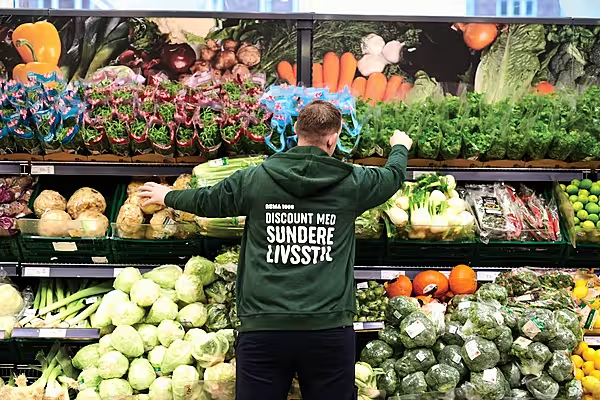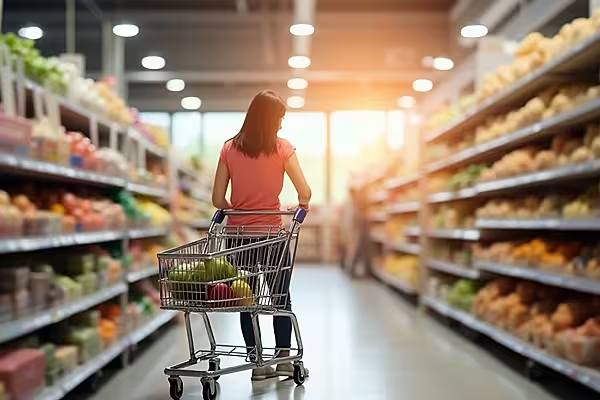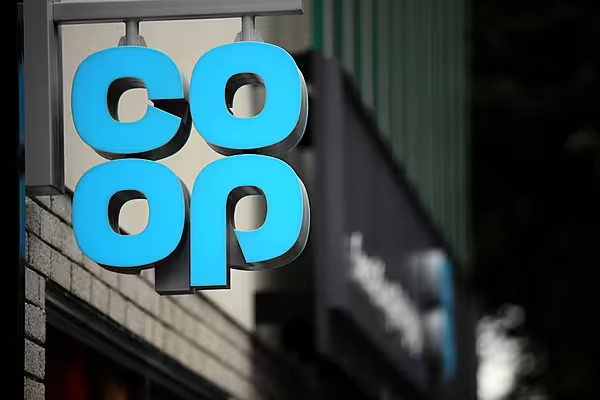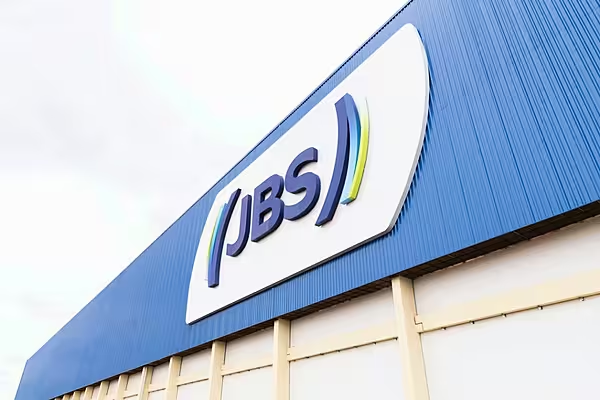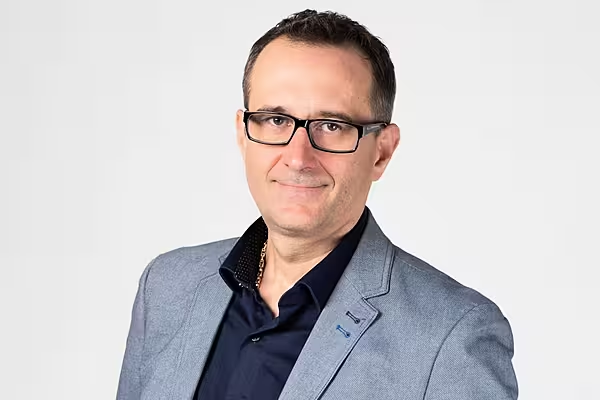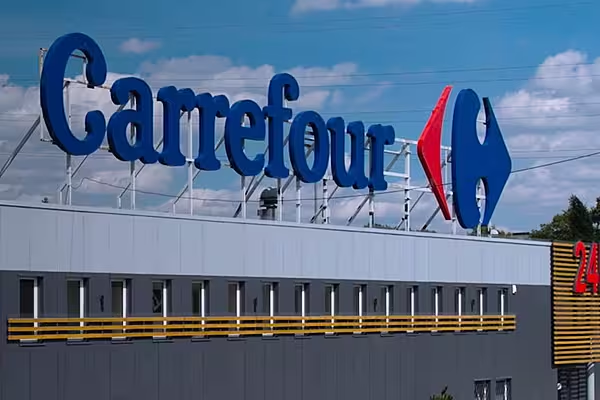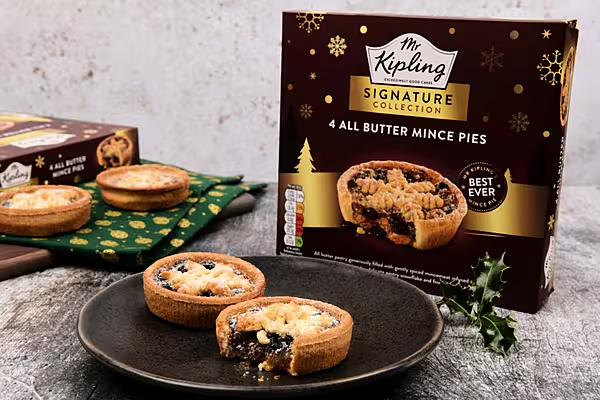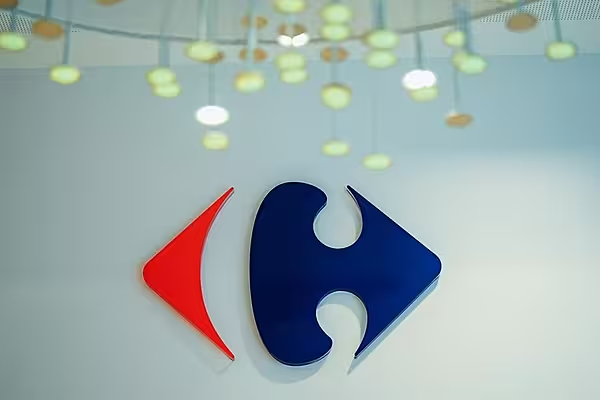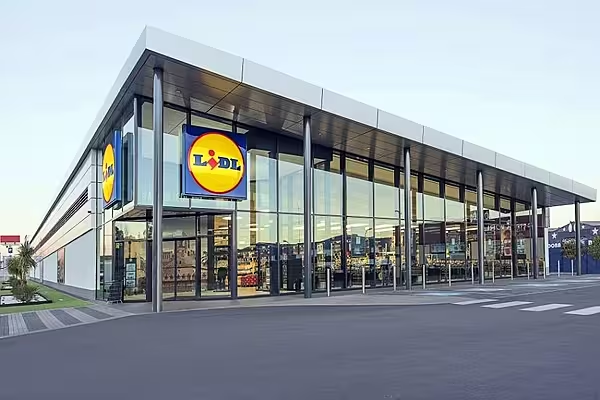As part of our Sustainability 2023 report, ESM caught up with industry leaders across a host of leading retail and consumer goods firms to discuss their ESG achievements to date, efforts made to tackle Scope 3 emissions, and what the current cost-of-living crisis means for sustainability – both for themselves and their consumer base.
Monica Ødegaard, COO, Reitan Retail
As a major player in all of our markets, we have a responsibility to act through concrete, science-based measures to contribute to a more sustainable future. Our focus on sustainability has demonstrated that more sustainable solutions do not equal higher costs.
REMA 1000 Norway has reduced its CO2 emissions by 55% from 2013 to 2020, amounting to 37,600 tCO2e and, at the same time, maintaining profit levels. With the current energy situation in Europe resulting in sky-high energy prices, this CO2 reduction – gained mainly from energy-efficiency activities – contributes to our ability to keep low prices on groceries.
'Embedded In Our Purpose'
Sustainability is at the very core of everything we do. It is embedded in our purpose, our strategy, and our growth targets. The executive management team of Reitan Retail has a collective engagement and responsibility for securing that sustainability is integrated into our business strategy.
Across the entire organisation, we have employees that are specialised in different sustainability disciplines, such as responsible purchasing, environment and climate, equality and inclusion, and ESG reporting. This secures results and engagement. We all work towards the same strategic goals through a wide range of different activities and initiatives.
One example of a successful initiative is the journey we’ve had together with Norsk Kylling, a poultry producer and subsidiary of REMA 1000. In 2021, we opened a top-class poultry production facility, leading on environmental footprint and circularity, while, prior to that, in 2018, we introduced Hubbard, which is a slower-growing breed. This significantly improved living conditions for chickens, and in 2022, we were fully approved by the European Chicken Commitment [ECC] on welfare standards.
We also want to share all this good work and results and run an ‘open book’ agreement with partners and suppliers, driving trust, innovation, and responsibility.
Tackling Scope 3 Emissions
All our business areas will have finalised their mapping of Scope 3 emissions by 2022. It is of the utmost importance that we understand our carbon emissions – where they are located and why they exist. Reitan Retail’s footprint is significant, and our responsibility to reduce emissions corresponds to that.
We need to keep cooperating to create a long-term stable and predictable market for sustainable products and services that treats actors equally. Today it is difficult for a consumer to know how to make sustainable choices, since there is not one standard or way of measuring emissions, requirements on transparency, etc.
We believe in making good choices easy and accessible for the customer, and we need help from other businesses and regulators to release the full potential of transparency.
This article first appeared in ESM’s November/December 2022 edition.
© 2022 European Supermarket Magazine – your source for the latest retail news. Article by Stephen Wynne-Jones. Click subscribe to sign up to ESM: European Supermarket Magazine.
